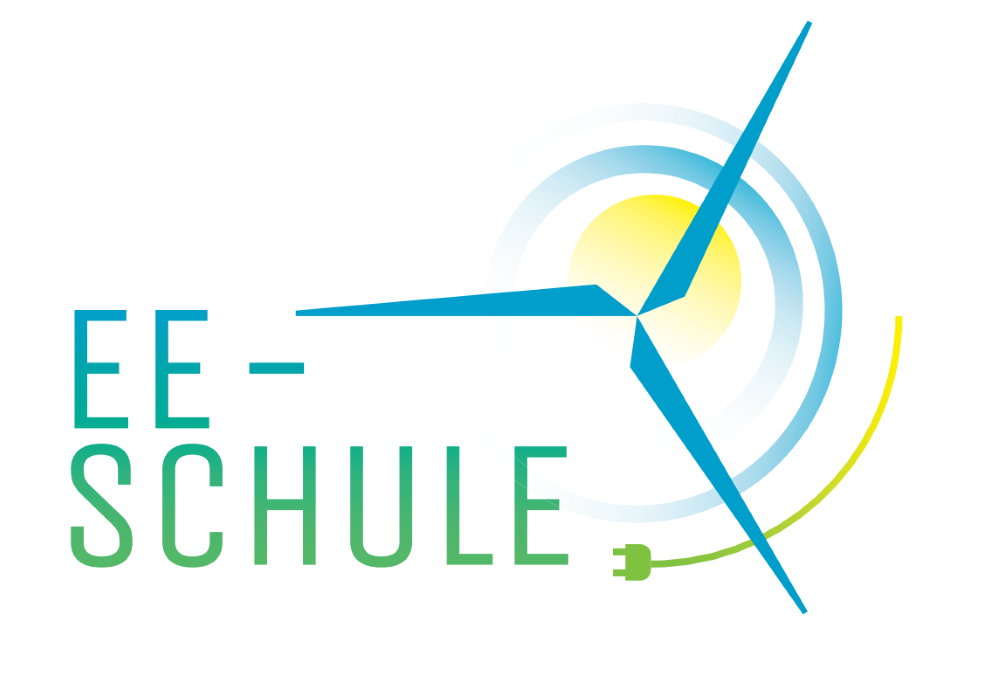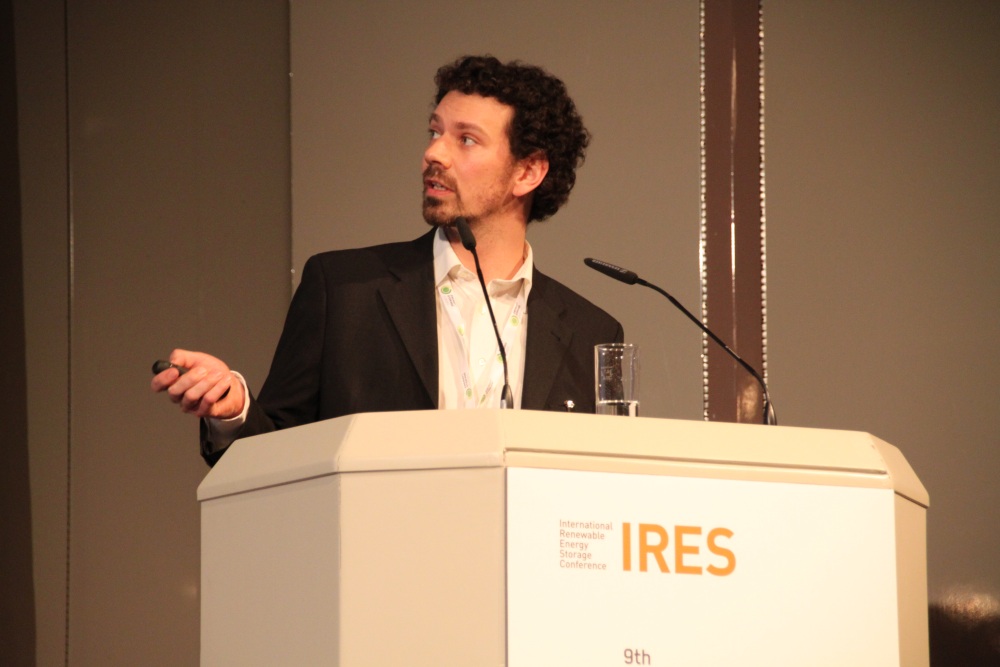
Feasibility study: wind energy for educational institutions within the project “EE-school”
1. April 2015
International Renewable Energy Storage Conference (IRES) 2015 – Update
20. April 2015Analysis of critical planning parameters in hybridisation of diesel based mini-grids

Maximilian Winker
Abschlussarbeit (14.04.2015)
Electrification of remote areas in developing countries is generally seen as one of the key elements to improve living conditions and health care, as described in the Millennium Development Goals by the United Nations. The hybridisation of decentralised diesel powered energy systems with renewable energies has the potential to supply people with reliable, affordable and sustainable generated energy. While technological challenges of hybridisation can be considered as mainly solved, the financial challenges are still remaining. However, a major barrier for the implementation of those energy systems is the lack of a suitable risk assessment to attract capital and to address the uncertainties about project cash flows and operating models. One suitable step in de-risking hybridisation projects is a detailed planning and simulation of the energy system considering all technical and economic characteristics via simulation software. Thus, this thesis raises three main questions: (1) How can technical and economic characteristics of hybridisation projects be modelled and simulated? (2) What is the influence of the simulated time range on the simulation result? (3) What are the crucial input parameters influencing the economic viability of hybridisation projects?
So far, there is no tool available covering the complexity of such projects probably. In this thesis, a tool named ’EFIST’ is developed, which simulates technical and economic aspects of hybrid mini-grids in an integrated way. The comparison with state-of-the-art tools and their characteristics proves the validity of EFIST. Applying EFIST to a showcase project in Somalia shows that extending the simulated time range from one reference to multiple years influences the results highly by the chosen discount factor. Finally, critical planning parameters in hybridisation of diesel based mini-grids are identified via a sensitivity analysis. The
cost of capital and diesel price development have both tremendous influence on the economic viability. This reveals the high importance of a sustainable financial management, and identifies the uncertainty of future diesel prices as main risk. Since the results are only valid for the studied project, future analysis should be conducted on more locations in order to obtain robust statements that could accelerate the hybridisation of diesel based mini-grids.




